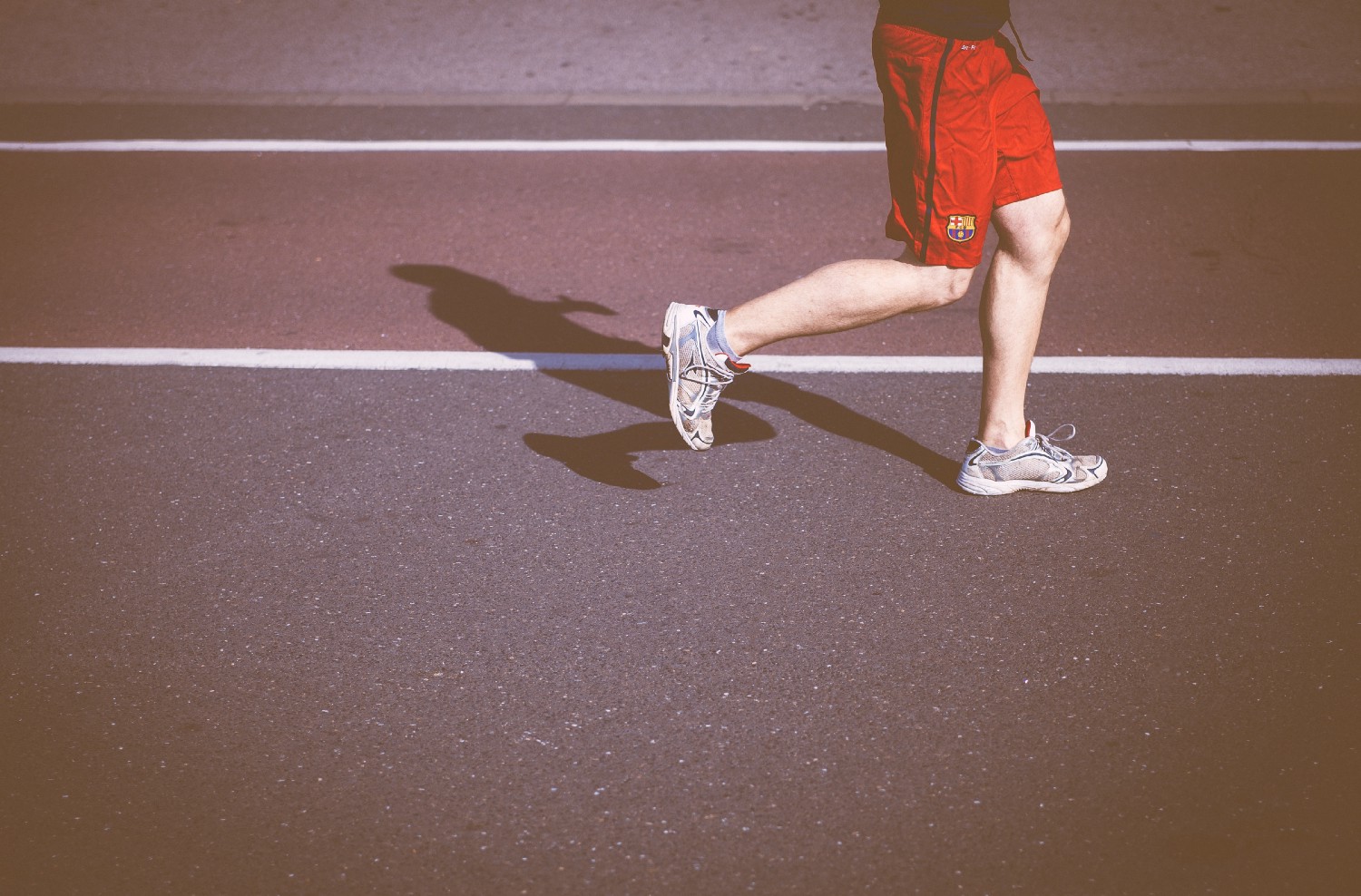In a recent report on Chinese employee healthcare benefits and health management, published by Human Resource Excellence Center and JLT Essential, only 20% of the surveyed 275 companies had designed comprehensive health management plans.
Employee health programs are more than physical activities — diet, exercises, smoking cessation, stress management, and health education are all integral to helping employees thrive in the workplace. Supporting health initiatives and drilling them into employees is one of the cornerstones of a healthy company culture, and a few companies are leading the way.
“We are not saying that you have to reduce workload to create a healthy workplace culture. The most effective way is to educate employees to become more health conscious. If your employer regularly broadcasts preventive care, healthy lifestyle, and where to seek help if you are stuck, you may feel less stressed,” says Elaine Lu, a Shanghai-based human resources director with over 20 years of experience.
Mercer China honored three companies for their innovative health practices in tandem with the 2016–2017 Healthiest Company award: the Run for Fun program at China’s real estate giant Vanke; the beverage manufacturer JDB Group’s five-year initiative to transform its natural mineral water factory (located 4,200 meters above the sea level in Kunlun Mountains of Qinghai province) into a workplace oasis with constant oxygen, humidity, and temperature; and pharmaceutical company Eisai China’s year-long campaign on stomach protection (infection with Helicobacter pylori increases the risk of developing gastric cancer, a cancer that has a distinctively high incidence in Asian communities).
Mercer China has shared these innovative practices from Vanke, JDB and Eisai at workshops in Beijing, Shanghai and Guangzhou. According to Mercer Marsh Benefits marketing director Sean Ye, the best practices highlighted by this award have three things in common: they are original in the country, they can be reproduced in other workplaces, and they are cost-effective.
Mercer China is encouraging more local companies to learn from their peers and roll up their sleeves to build their own culture of health in the coming years before the second selection of China’s Healthiest Company kicks off in 2018. “Incorporating corporate culture into health programs is more sustainable. But creating a culture takes time,” says Ye.
Originally published at journal.thriveglobal.com


